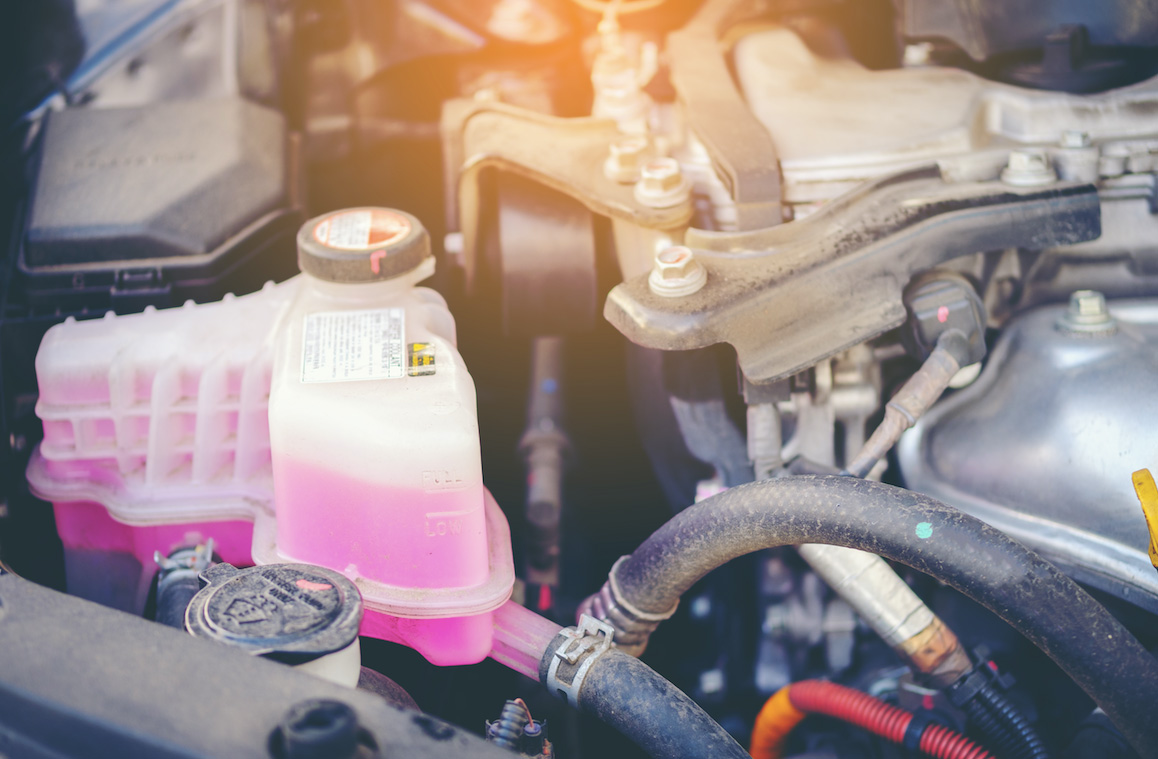
While regular oil changes are easy to remember, it’s common to forget other essential vehicle practices that boost performance and longevity. Vehicle maintenance is paramount because a little time and investment now can help avoid costly repairs in the future. Below is a list of vehicle maintenance services to stay consistent with to keep your vehicle safe.
A Coolant Flush:
When was the last time your vehicle’s coolant system was inspected? Almost 40% of engine failure could be correlated to an issue within the cooling system. Failing to service your cooling system can lead to various costly mechanical problems such as overheating and a failing engine. The coolant should be somewhat smooth and sweet-smelling. If the coolant hasn’t been changed in a long time, it could turn into an ineffective sludge.
Change the Transmission Fluid
How many miles does your vehicle have? Some newer cars may have a “filled-for-life” transmission, but that usually means - until the warranty expires. It’s important to have the transmission periodically checked and flushed if needed. A transmission flush does wonders with maximizing the transmission’s performance.
Replacing the spark plugs
Vehicles with gas engines rely on functioning spark plugs to provide an electrical charge to ignite the fuel-air mixture. Review your vehicle’s owner’s manual for a recommended mileage to replace the spark plugs. If the spark plugs are neglected, they can become dirty and worn. Worn spark plugs will fail to ignite the fuel-air mixture, resulting in a loss of overall power and fuel economy.
Change the Power Steering Fluid
All of your vehicle’s fluids will need to change at some point. The powering steering fluid can accumulate dust, dirt, and debris over time. With time it can also break down and oxide, so a regular replacement at key mileage intervals is ideal.
The brake fluid
Brake fluid can be subjected to wear and rust with time, so it needs to be replaced. If the brake fluid isn’t replaced, moisture can build up inside and lower its boiling point. This can result in the brakes feeling spongy when you step on the pedal.